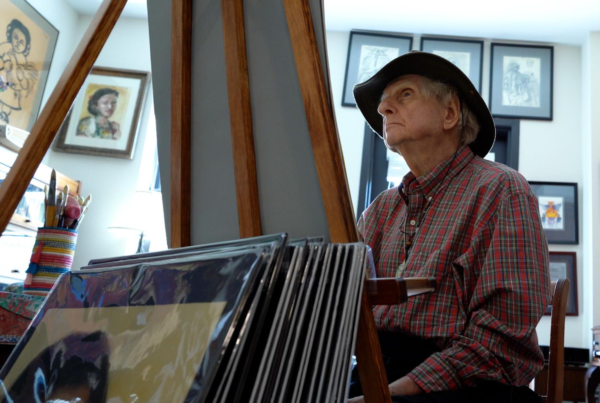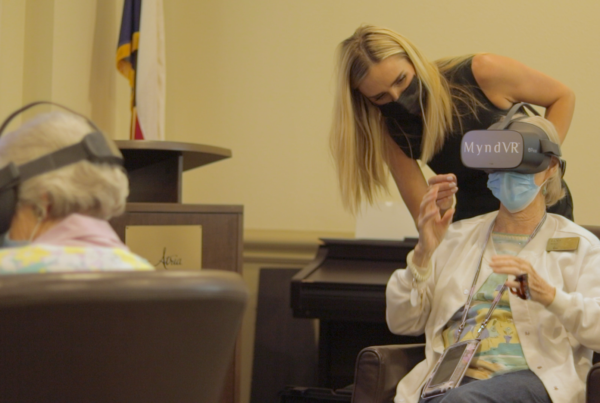The University of Austin is a newly announced private liberal arts school. Although it’s not an accredited institution of higher learning yet and doesn’t have a physical location, its founders say it’s sorely needed to oppose a culture of censorship on university campuses.
Katherine Mangan is a senior writer for the Chronicle of Higher Education. She told Texas Standard that the university’s backers believe their proposed institution is needed as a counterweight to existing colleges and universities where they believe some ideas are unwelcome.
Listen to the interview above or read the transcript below.
This transcript has been edited lightly for clarity:
Texas Standard: The knee-jerk reaction to this announcement seems to be people poking fun at the idea, but there are some big names behind the effort. Who are they and what do they have in common?
Katherine Mangan: Among the people who have agreed to be advisers to the planned university is Larry Summers, who’s a former president of Harvard University. His feeling was that innovation is a good thing in higher education. It’s been a long time since a new university has launched. He agrees with the basic premise that a lot of ideas, particularly more conservative views, are not really welcomed on campuses, and he feels that it’s worth exploring the possibility of a new university. There are faculty members who said their own experiences have shown that people who espouse more conservative views can be not only unwelcome on campuses, but in some cases ostracized or even harassed.
Is that the central issue here? Is the idea that universities are supposed to be places for open inquiry controversial?
I don’t think it’s a controversial idea. I think everyone would say that ideas should be welcomed from all spectrums. I think there’s some disagreement over whether universities are as intolerant as the founders of this new university claim. We’ve done some reporting that has shown that in some cases, colleges really are more open than the critics would claim, and that some of these fears may be slightly exaggerated. But the cases that are cited in starting the new university are ones where there’s really been a groundswell of support from conservative thinkers who feel that these are examples where ideological diversity is sorely needed and lacking on these campuses.
Any idea why the start-up university chose Austin?
They have said that Austin is a place where there are a lot of innovators. It’s just an exciting environment in which they could start a university. They also have a tech innovator in Austin who’s on their board of directors. They said that was another reason that they wanted to locate there.
What are the logistics of actually starting a university? Can it be done quickly?
No. I think one of the main stumbling blocks is going to be accreditation, and that’s something the people who are hoping to found this new university admit could take years. They have to go through a process of accreditation. But in order to do that, they have to get the university up and running. That’s what they say they want to do with an initial influx of money, and then they’ll go through the process of getting accredited. But in the meantime, it’s a risk for students who decide to join in.
We had an example that we cited in one of our articles of a college called Founders College, which started in Virginia in 2007. It was founded as a great books college, and the state of Virginia authorized it to issue degrees. Students signed up, and then it closed the next year because it was never accredited. The founders of the University of Austin pushed back very strenuously against any comparisons like that and point out that their university is a nonprofit that’s supported by people from all ends of the political spectrum and that this is not going to be a conservative university, and it’s certainly not going to be one, in their view, that would be bilking people out of money.















